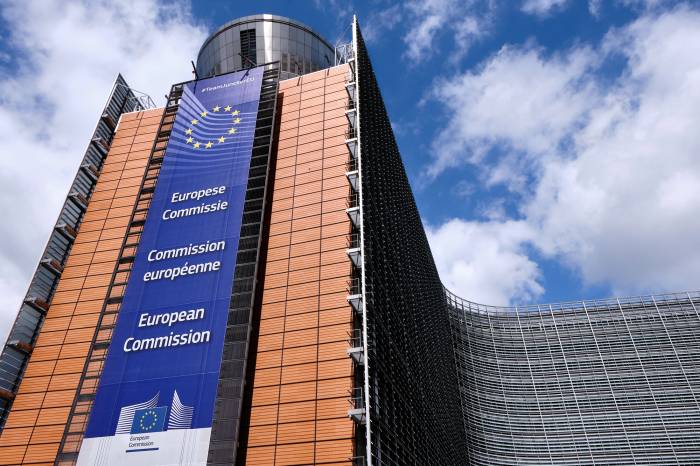WHO Urges Tougher Alcohol Policies as Europe Links Drinking to Seven Types of Cancer
Governments consider higher taxes, marketing bans, and warning labels amid rising concerns over alcohol’s public health impact worldwide
2025-11-12

European and global health authorities are increasing their focus on alcohol consumption, with new measures and debates emerging across the continent and beyond. In mid-October, the European branch of the World Health Organization (WHO Europe) presented a new Cancer Prevention Manual at its headquarters in Copenhagen. The manual, prepared by the International Agency for Research on Cancer (IARC), urges governments to adopt strong alcohol policies. These include higher taxes, minimum pricing, raising the legal drinking age, limiting sales hours and locations, banning alcohol marketing, and even creating state monopolies to control alcohol sales.
The manual argues that such policies are among the smartest investments governments can make for public health. It also highlights that these measures can deliver results within five years, a timeline that matches many political terms. The WHO often points to increased tax revenue as an additional benefit of stricter alcohol regulation.
The debate is not only about health but also politics. On October 15, the European Parliament’s Socialist group (S&D) released a statement calling alcohol a toxic, psychoactive, and addictive substance classified as a Group 1 carcinogen. The group noted that alcohol consumption is a risk factor for at least seven types of cancer and increases the long-term risk of heart and liver diseases, addiction, traffic accidents, and other mental and physical health problems. The S&D group urged the European Commission to propose a revised EU alcohol strategy and expressed support for new alcohol taxes.
These discussions come as France considers changes to alcohol taxation in its draft social security financing bill for 2026. Meanwhile, the European Commission is reviewing its own approach to alcohol taxation. In a working document published in February, the Commission confirmed it is preparing measures under its cancer plan to address product accessibility—covering prices, taxes, cross-border purchases—as well as consumer information and advertising regulations. The Commission noted that drinking habits are changing and new products like industrial wines and ready-to-drink alcoholic beverages are emerging. It called for a thorough review of the directive on alcohol taxation and reiterated that alcohol can cause at least seven types of cancer.
The push for tighter controls on alcohol is not limited to Europe. In Canada, the Senate is considering a bill that would require cancer warnings on alcoholic beverage labels. The proposal comes from Senator Patrick Brazeau, who has spoken openly about his own struggles with alcoholism. The bill has support from anti-alcohol organizations such as Alcohol Action Ireland, which was behind similar warning labels in Ireland.
Dan Malleck, a professor at Brock University in Ontario who studies prohibition history and restriction policies, said this Canadian proposal echoes misleading impressions about alcohol’s effects used during Prohibition. He pointed out that to reach a cancer risk level similar to regular tobacco use, a person would have to drink so much alcohol they would die from intoxication before developing cancer.
Across Europe, North America, and elsewhere, efforts to denormalize alcohol consumption are gaining momentum. These initiatives challenge longstanding cultural traditions around drinking and reflect growing concerns about public health risks associated with alcohol use.
Founded in 2007, Vinetur® is a registered trademark of VGSC S.L. with a long history in the wine industry.
VGSC, S.L. with VAT number B70255591 is a spanish company legally registered in the Commercial Register of the city of Santiago de Compostela, with registration number: Bulletin 181, Reference 356049 in Volume 13, Page 107, Section 6, Sheet 45028, Entry 2.
Email: [email protected]
Headquarters and offices located in Vilagarcia de Arousa, Spain.